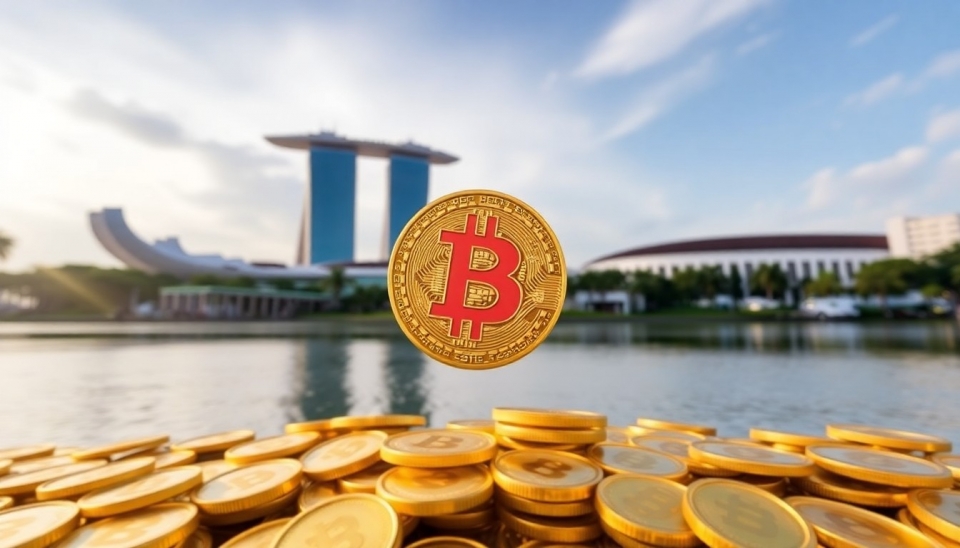
In a decisive move to bolster national security, Singapore has enacted a ban on ten websites that are linked to foreign entities, citing potential threats to the state's safety and public order. This action underscores the country’s ongoing commitment to safeguarding its digital landscape from perceived external risks.
The Ministry of Communications and Information (MCI) announced the restrictions, asserting that these websites could potentially be used to disseminate malicious content or incite disorder and discontent among the population. Although specifics about the targeted websites were not disclosed, officials emphasized the need for preemptive measures to mitigate risks associated with foreign influence in the digital sphere.
Government spokespersons highlighted that the legislation, which empowers authorities to impose such bans, is part of a broader strategy designed to combat misinformation and protect the integrity of Singapore's information ecosystem. “Our goal is to ensure that Singapore remains a safe and secure place for all citizens, both online and offline,” stated a representative from the MCI.
This recent action aligns with Singapore's historical approach to handling national security concerns, frequently involving stringent regulations and proactive measures against what authorities deem as threats from external actors. The country’s regulatory framework in the digital space has seen escalated scrutiny over recent years, particularly in relation to foreign involvement in local affairs and online propaganda.
Critics of the ban suggest that such actions may stifle freedom of expression and restrict access to information. However, the government has maintained that the measures are necessary for the greater good, aiming to protect the public from harmful influences that could undermine Singapore’s social fabric.
As the digital landscape continues to evolve, Singapore's actions reflect a keen awareness of the potential vulnerabilities inherent in a highly connected world. Policymakers are faced with the challenge of balancing security measures with the principles of freedom and open access to information, as the discourse around digital rights and responsibilities intensifies globally.
Looking ahead, observers note that this ban could set a precedent for future actions targeting foreign entities and their influence in the region. As the government remains vigilant, the implications of such restrictions on freedom of expression and access to diverse viewpoints will likely be a topic of debate among citizens and lawmakers alike.
#Singapore #WebsitesBan #Cybersecurity #NationalSecurity #DigitalRights
Author: Liam Carter




